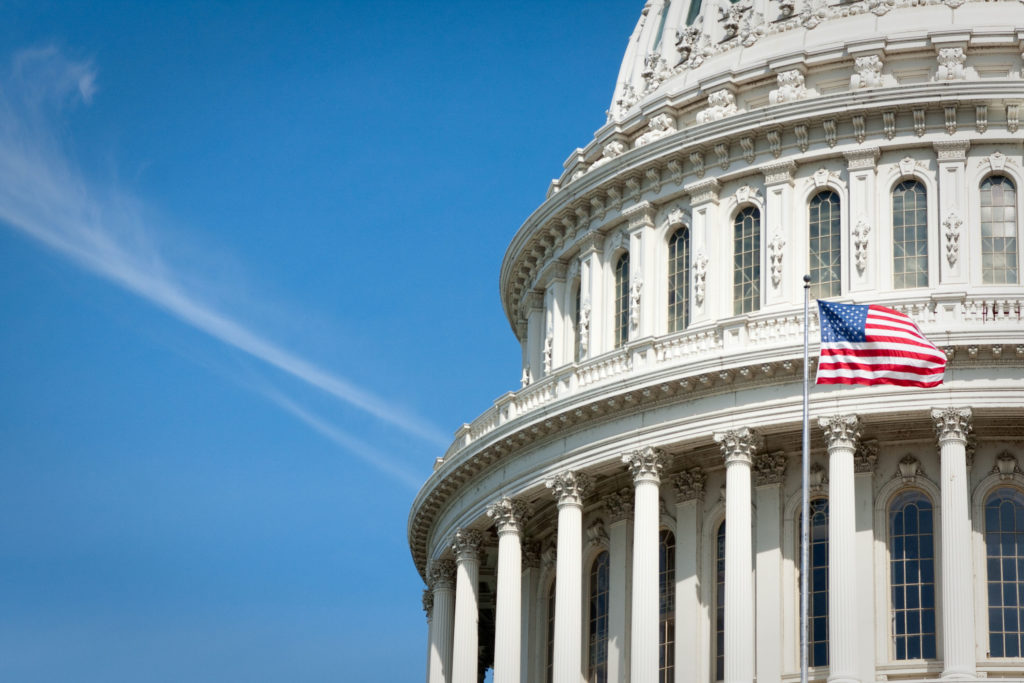
Updated: May 18, 2021
A bill that would save electric cooperatives more than $10 billion in interest payments on their federal loans has already won the support of nearly a third of Congress.
Broad bipartisan support for the Flexible Financing for Rural America Act is crucial to ensuring that the legislation will be included in any infrastructure package that Congress takes up this year.
As of May 18, the bill had attracted 135 co-sponsors in the 435-member House and 27 co-sponsors in the 100-member Senate.
The legislation, offered initially last year, was reintroduced in Congress in late March. NRECA and its members are continuing to seek lawmakers’ support for the bill as co-ops work to recover from the economic battering caused by the COVID-19 pandemic and look ahead to reinvesting in the communities they serve.
“This bill is attracting strong bipartisan support in Congress because it’s a commonsense solution,” said Louis Finkel, NRECA’s senior vice president of government relations.
“Co-ops are simply asking to be able to take advantage of lower interest rates like other businesses do, without being hit with onerous penalties. This legislation is key to helping co-ops and their members move forward out of the pandemic into renewed economic growth.”
The pandemic reduced demand for electricity from many commercial and industrial co-op members, including hard-hit oil companies, agricultural producers and tourism-related businesses. Some residential members also suffered job losses and other financial hardships and have struggled to pay their electric bills.
NRECA economists have estimated that co-ops could lose as much as $10 billion in revenue through 2022 because of the pandemic. Based on current interest rates, NRECA estimates that about 500 co-ops could realize a total net savings of $10.1 billion from repricing $42 billion in direct and guaranteed RUS loans.
President Joe Biden is negotiating with members of Congress over the size and scope of a sweeping infrastructure bill. In addition to possibly allowing RUS loan repricing, the legislation could include investments in rural broadband and electric vehicle charging networks.
The lead sponsors of the RUS repricing bill in the House are Reps. Tom O’Halleran, D-Ariz., and Vicky Hartzler, R-Mo. In the Senate, lead sponsors are Tina Smith, D-Minn., John Hoeven, R-N.D., Kyrsten Sinema, D-Ariz., and John Boozman, R-Ark.
“Rural electric cooperatives are critical to economic success in small towns and rural areas across Minnesota,” Smith said. “We ought to support them so they can continue to boost our infrastructure, all while supporting jobs and improving Minnesotans’ quality of life.”
Hoeven said the bill “is about reinvesting in our rural communities, passing savings on to consumers and further supporting efforts to continue overcoming challenges from COVID-19.”
“Families and businesses living and working in rural communities across North Dakota and the country depend on these cooperatives and the critical services they provide,” he said.
Erin Kelly is a staff writer for NRECA.